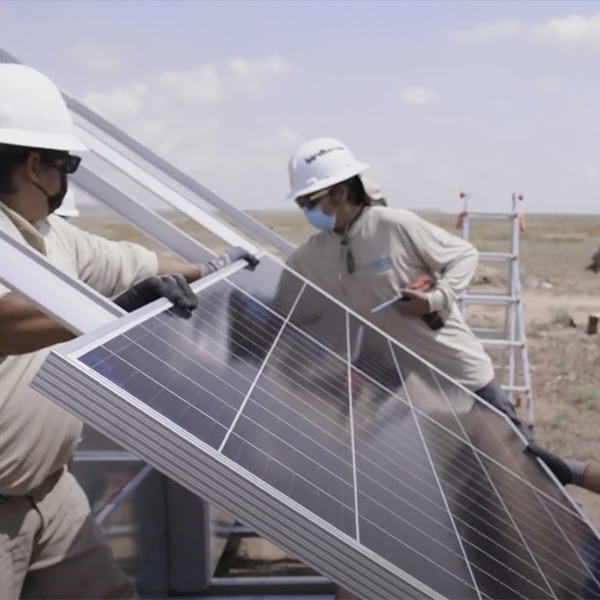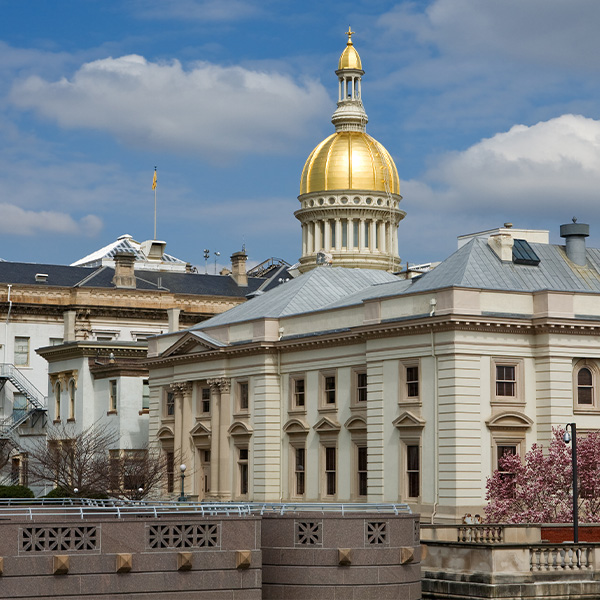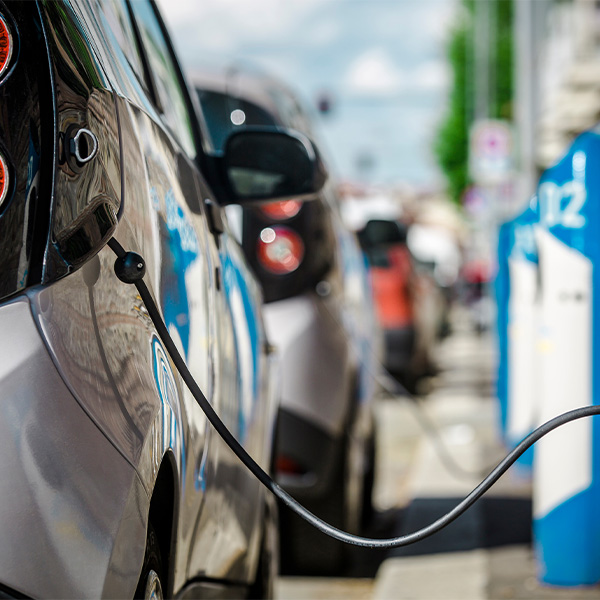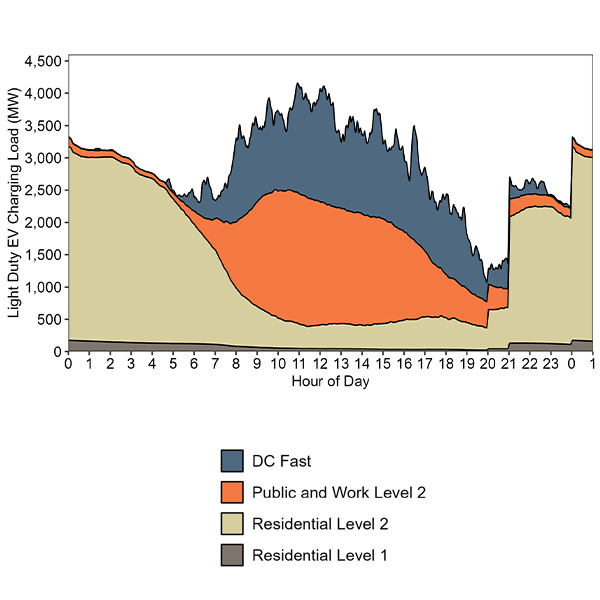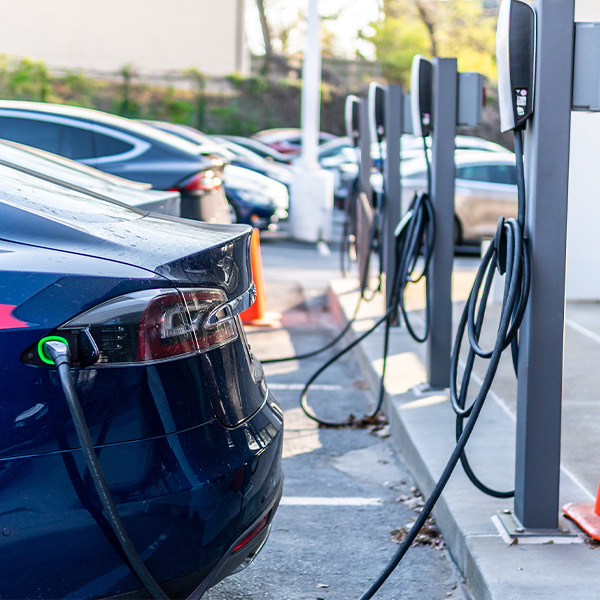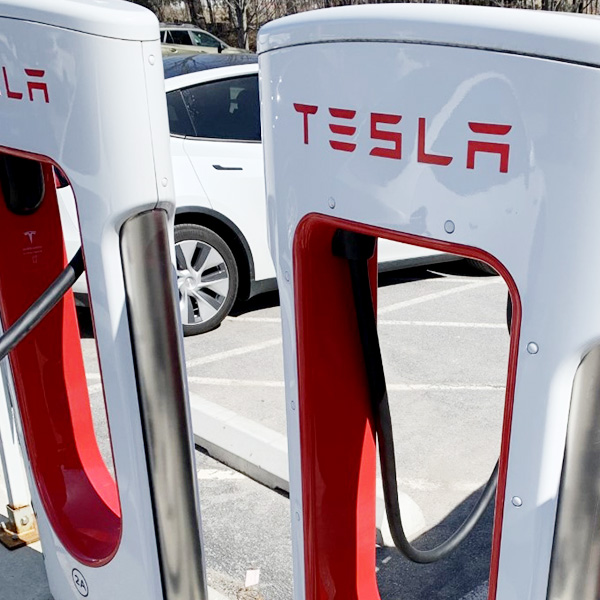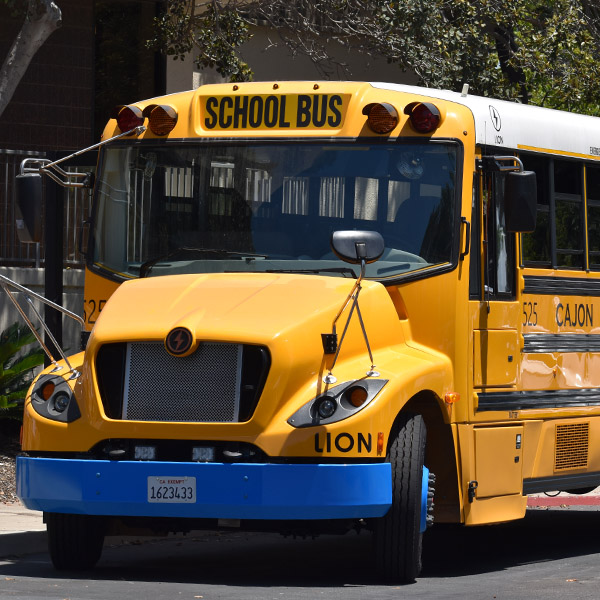EV chargers
DOE initiatives aimed at expanding EV charging networks have become more urgent as the November election looms and growth in EV sales has slowed.
About 300 off-grid homes in the Hopi and Navajo nations soon could have electricity from solar and storage systems paid for with part of $366 million in federal funding.
The funding will put a total 7,500 EV chargers at locations, from multifamily housing developments in New Jersey and Maryland, to public libraries in California to remote villages like Haines, Alaska.
Lawmakers gave final passage to bills to study geothermal heat pump systems, promote electric vehicle charger installation and require status updates of residential solar systems in home sales.
The bill seeks to accelerate the installation of direct current fast chargers by giving commercial charger operators a break on rates.
California will need to double its public EV charging infrastructure between 2030 and 2035, according to a new report by the state's Energy Commission.
North Carolina regulators approved a new, voluntary electric vehicle charging program where Duke Energy will rent and maintain chargers for its customers.
New programs will also offer special incentives to spur installation of EV chargers at New Jersey's tourist destinations and multiunit dwellings.
Seven major automakers pledged to install 30,000 DC fast chargers in the U.S., which would more than double the current fast charging infrastructure.
The California Air Resources Board is taking applications for $150 million in state funding to help public school districts purchase zero-emission buses and related infrastructure.
Want more? Advanced Search

